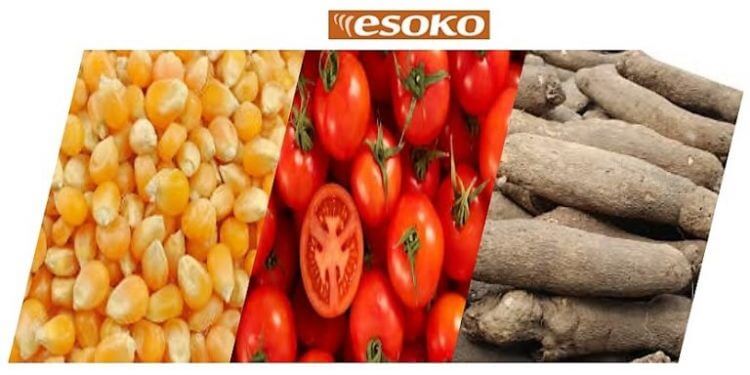Esoko Ghana, the country’s premiere commodity analyst, is predicting price stability and possible reduction in food prices by the end of August after weeks of rising food prices.
“As we approach the end of this month August and early September, food prices will begin to come down because food production cycle in the southern part of the country would have been complete, and the produce will start hitting the markets in the capital city which will bring food prices down,” said the Content Manager at Esoko Ghana, Francis Danso-Adjei in a news interview monitored by Ghana Talks Business.
To ensure food prices remain stable, Francis Danso-Asher has called on the government to invest in irrigation systems and storage facilities to ensure adequate food supply all year round.
“We have to try and produce all year round, which means investing in irrigation and some other forms of technology like green housing. Again, with our way of storing food, we need to do something about it–what happens to the produce once they come onto the market. The ones that we do not consume immediately, we need to either process them or keep them in a form that we can use later on,” he suggested.
Recent price trend
According to Esoko, in January of this year, the price of a hundred tubers of yam weighing 250 kg sold for GHS797 representing GHS7.97 per tuber in Takoradi. In July, however, it sold for GHS956 per hundred tubers.
On the other hand, in Tamale, the price of a hundred tubers of yam was reduced from GHS850 to GHS813 between January and July.
With respect to local rice in Takoradi, a 100kg bag was sold for GHS304 in January but decreased to GHS285 in July.
A 100kg bag of maize was sold for GHS234 in January in Takoradi which increased to GHS420 by July 2021. In the same period in Tamale, the price increased from GHS190 in January to GHS294 in July.








